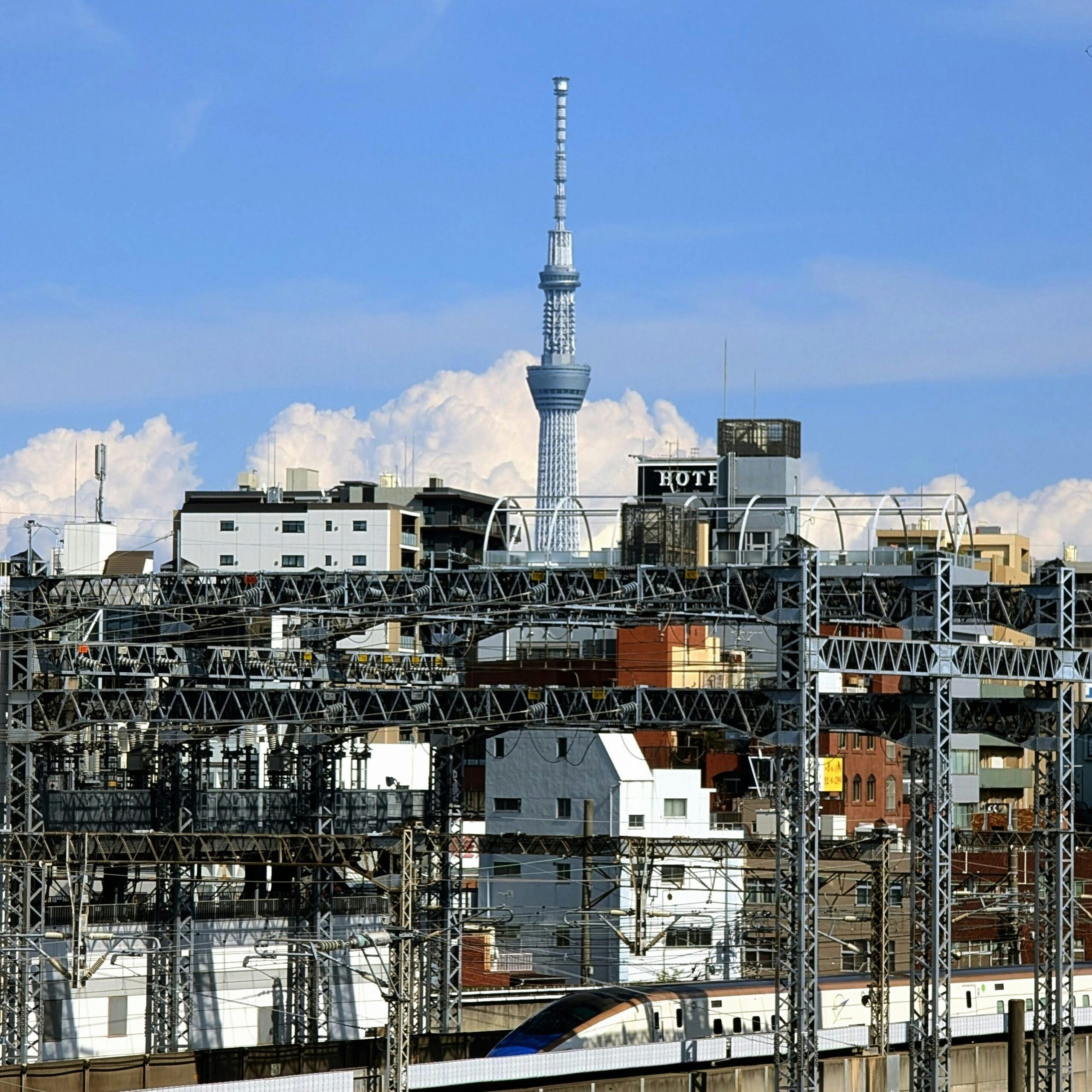Workshop on East Asian Development Experience: Lessons for Tamil Nadu, 2025

New Political Economy Initiative, IIT Bombay in collbration with Madras Institute of Development Studies (MIDS) invites you to a workshop on East Asian Development Experience: Lessons for Tamil Nadu on Monday, 24 March 2025, 9:30 am to 1 pm at MIDS Auditorium, Adyar, Chennai
Subnational and regional trajectories are increasingly recognized as crucial for understanding the political economy of global development especially in large, federated states like India. While local/regional State trajectories have been extensively studied in advanced economies at both national and sub-national levels, sub-national variations haven’t adequately been studied in the Global South, particularly of the institutional sources of their dynamism, and their contributions to global development. In the Global South, much of the discourse has focused on the ‘catch-up’ economies of Asia (i.e., Japan, South Korea, Taiwan, Hong Kong and China) and their transformative economic experiences, which have contributed significantly to the concept of the developmental state. These nations have highlighted the role of state-led initiatives in driving national economic development through well-planned industrial and social policies; hey achieve this by solving coordination problems for firms in the latter’s attempts to move up the value chain. According to these experiences, industrial policy works when ‘strong’ states, with a robust institutional framework, gradually democratize and embed policymaking and political action in civil society.
The Chinese case in particular illustrates the critical importance of local and regional government who form the vanguard of developmental efforts within an overall performance-driven framework. While these bureaucracy and ’embedded autonomy’ based explanations have elucidated national-level trajectories, instances of regional dynamism and inertia have not been adequately accounted for. As such, there is a need for a more nuanced examination of such national developmental models—not only to understand the differential State trajectories of other countries in the Global South but also to reinterpret these models and develop more effective sub-national policies. Experience from large, federated states shows that it not be prudent to adopt a “one-size-fits-all” approach for sub-national policies. Instead, policy space should be afforded to regional and local governments so that the specific needs of each region might be met while accounting for their unique historical, economic, and social contexts. Policies ought to promote regional specializations based on the local opportunities and challenges presented.
India today is both under-industrialised and increasingly deindustrialized given its per capita income. Neither the protectionist policies adopted after independence nor the liberalization measures introduced in the 1990s have been successful in promoting broad-based industrial growth at the national level even while some local and regional successes are in evidence. But there exist large regional variations within the country, with different states showing significantly different levels and patterns of economic growth approximating a kind of developmental state at least in promoting private investment.
Tamil Nadu stands out among the other Indian states, not only as one of the most industrialized regions in the country but also for exhibiting momentum in emerging sectors such as semiconductor, electronics manufacturing and EVs. While it doesn’t match the experiences and economic transformations brought about by developmental states in East Asia, compared to other highly industrialized states within India like Maharashtra and Gujarat, the state has been able to transform its economy, build vibrant manufacturing base particularly in labor-intensive sectors, with the largest organised workforce, more spatially dispersed, and accompanied by substantial improvements in socio-economic indicators. The success and failure of industrial strategies must be seen as the outcome of a constellation of power relations within society rather than a top-down and rule-driven outcome of state interventions. In this context, we are organising a one-day workshop to deliberate on the following questions:
- What is the nature of the relationship between firms and government in Tamil Nadu. Successful development states have a “reciprocal” relationship with firms whereby state support is exchanged for form performance. Can the state-business relationship in Tamil Nadu be characterised as such?
- Where does finance for industrialization come from in the state and how does the relationship between financial institutions and firms operate? What are the opportunities for development finance at the state level that might be offered in exchange for industrial performance.
- How does incentives structure work and what does embedded autonomy—bureaucracy and other actors— mean in the Indian context? What nature of bureaucratic reforms might be required to improve TN state capacity and enhance its embedded autonomy?
- Can a developmental state work in a democratic setting at the sub-national level? What political incentives to state actors face that drive or hinder productivism at the state level? Under what conditions can the urgent demand for jobs turn democracy into a driving force of industrialisation?
This conversation follows from another one-day, albeit closed door workshop that NPEI and MIDS organised in March 2024, details of the same can be found here. The 2025 version was a public event.
Convenors: Kalaiyarasan Arumugam, MIDS and NPEI, IIT Bombay, Anush Kapadia, NPEI, IIT Bombay